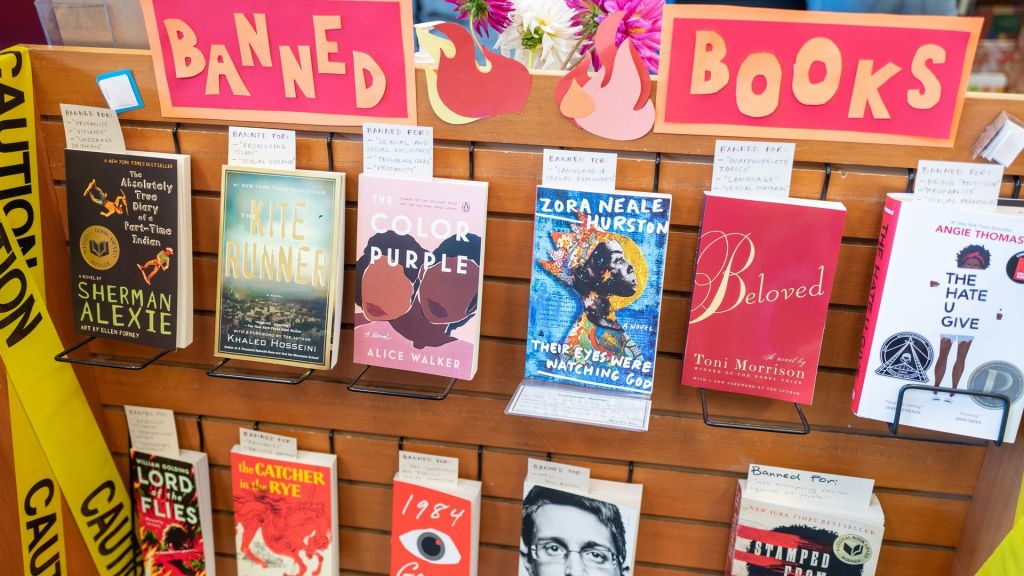The Centers for Disease Control and Prevention reported a somber statistic Wednesday: last year was a record year for overdose deaths in the United States.
93,331 Americans died of an overdose in 2020, according to a CDC estimate. That translates to an average of more than 250 deaths each day, or roughly 11 every hour. It’s also about 29 percent higher than 2019’s estimated death toll of 72,151. New Hampshire and South Dakota are the only two states whose overdose death totals decreased.
While prescription painkillers once drove the nation’s overdose epidemic, they were surpassed by heroin and then fentanyl in recent years. Fentanyl was developed to treat intense pain from things like cancer. Now, it’s sold illicitly and mixed with other drugs.
“What’s really driving the surge in overdoses is this increasingly poisoned drug supply,” said Shannon Monnat, an associate professor of sociology at Syracuse University. “Nearly all of this increase is fentanyl contamination in some way. Heroin is contaminated. Cocaine is contaminated. Methamphetamine is contaminated.”
Fentanyl was involved in more than 60 percent of the overdose deaths last year according to the CDC.
Monnat said there’s no current evidence more Americans started using drugs last year, and the increased deaths were most likely made up of people who had already been struggling with addiction. Some have told Monnat’s research team suspensions of evictions and extended unemployment benefits left them with more money than usual, allowing them to stock up on their supply.
“COVID has greatly exacerbated the crisis,” Brown University Public Health Researcher Brandon Marshall said. “This is a staggering loss of human life.”
According to experts, lockdowns and other pandemic restrictions isolated those with drug addictions, and made treatment harder to get.
It wasn’t just overdose deaths. With about 378,000 deaths attributed to COVID-19, the nation saw more than 3.3 million deaths in 2020, the deadliest year in U.S. history.







